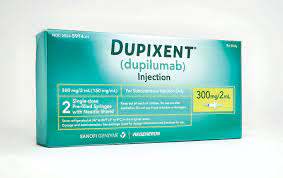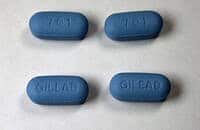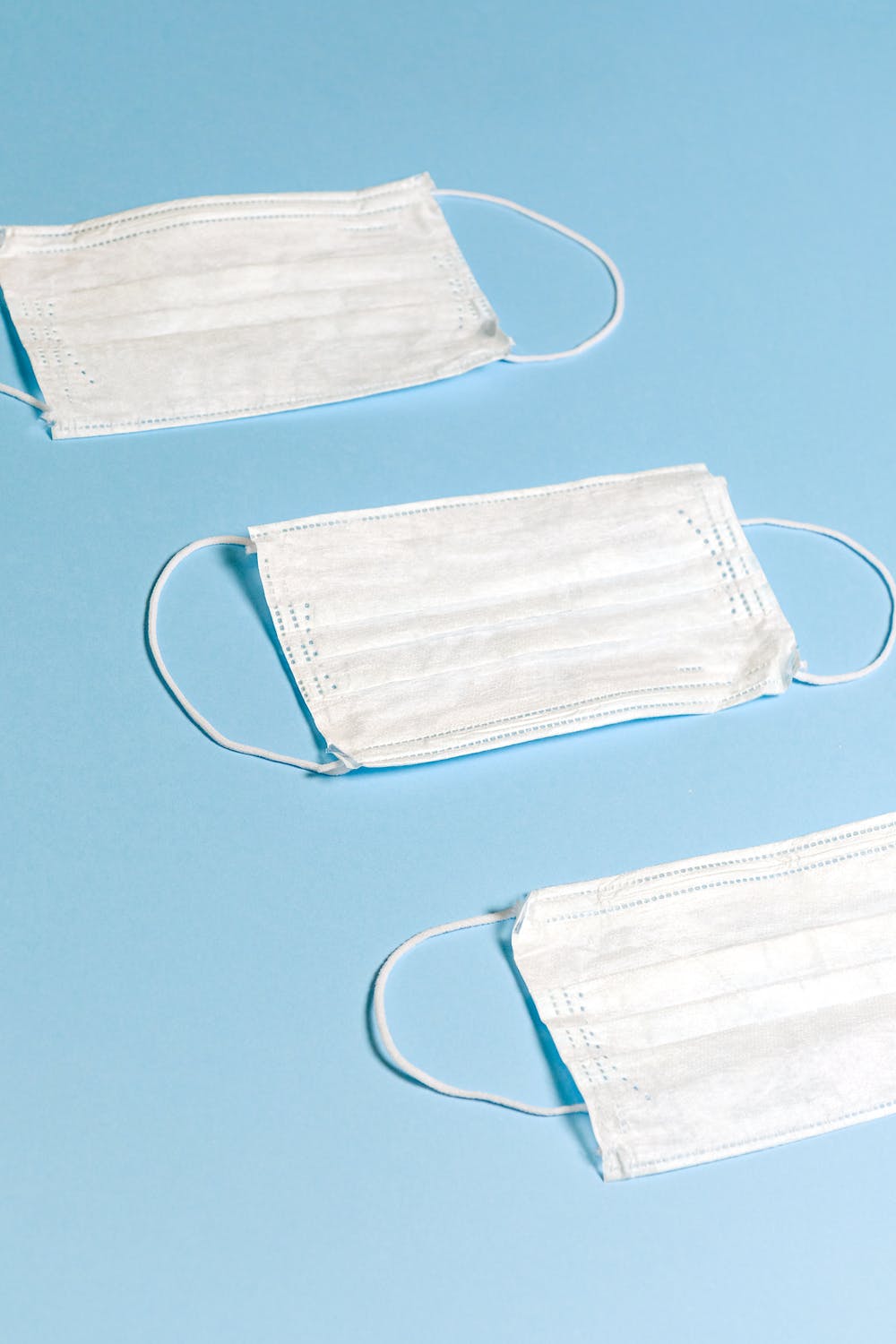Author Interviews, COVID -19 Coronavirus, Education / 18.09.2020
COVID-19: Risk of Severe Disease Within Households of School Employees
MedicalResearch.com Interview with:
Thomas M. Selden
Director of the Division of Research and Modeling
Center for Financing, Access, and Cost Trends
Agency for Healthcare Research and Quality
Rockville, Maryland
MedicalResearch.com: What is the background for this study?
Response: Across the United States, school districts are facing decisions about whether and how to reopen elementary and secondary schools. We conducted this study to provide evidence on the risk of severe COVID-19 among adults who are connected to schools in some way – as teachers or other school workers or as household members of school-age children or school employees.
The Agency for Healthcare Research and Quality (AHRQ) collects the data we used in this study as part of its longstanding Medical Expenditure Panel Survey (MEPS), which is the nation’s most complete source of data on the cost and use of health care and health insurance coverage.
(more…)



























